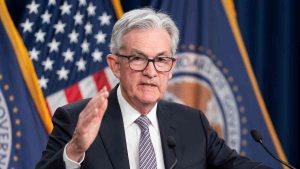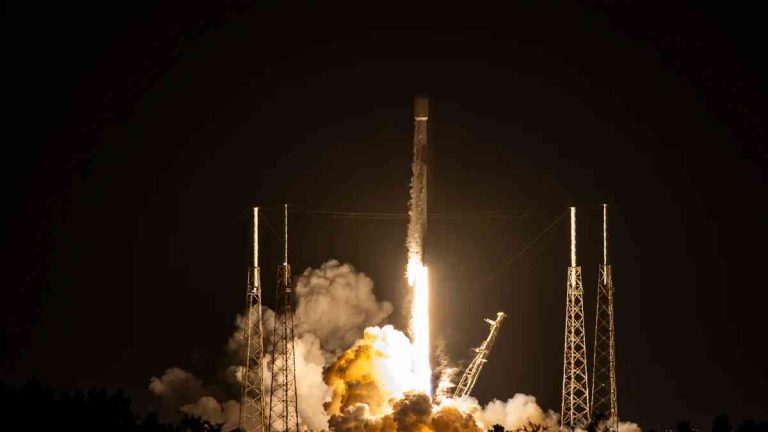In the latest turn of occasions, Woolworths, one of Australia’s leading grocery store chains, determined itself in the middle of a typhoon of controversy surrounding its choice not to stock Australia Day products in its stores. Bradford Banducci, the CEO of Woolworths, appeared on Famous Morning to address the issue, vehemently denying accusations that the grocery store changed into promoting “wokeness” in its aisles. This choice, he harassed, turned into driven by using industrial considerations in place of political motivations.
The Decision and Its Rationale
Woolworths’ desire no longer to inventory Australia Day merchandise has been met with combined reactions. According to Banducci, this selection was no longer politically encouraged; however, it was primarily based on business factors. He said that the sales of Australia Day products had been step by step declining through the years, with a shrinking call for for particular gadgets. This decline in demand changed into one that was sizable enough to warrant a reassessment of their inventory.
One key factor to keep in mind is the lead time in ordering stock for a massive store like Woolworths. Banducci discovered that orders for merchandise are placed 10 to 365 days in advance. Consequently, this choice was no longer a knee-jerk response but the end result of an ongoing technique that takes patron comments and marketplace trends into consideration.
Misconceptions and Backlash
During his appearance on Channel Nine’s Today program, Banducci addressed the grievance that Woolworths had embraced “wokeness.” He firmly rejected this characterization, emphasizing that their recognition become on enhancing and higher serving their clients. This raises an important factor about the misconceptions surrounding the decision.
It’s critical to recognize that Woolworths’ actions have now not been an attempt to make a political declaration. Instead, they sought to align their product services with customer preferences and market dynamics. However, this decision was quickly seized upon by a few media outlets and politicians, leading to a wave of backlash.
Political Fallout
The controversy surrounding Woolworths’ decision did now not pass left out in political circles. Peter Dutton, the opposition leader, was known for their boycott of the retailer and claimed that the choice became “in opposition to the national hobby.” This caused a contentious debate about the position of businesses in political and social troubles.
On the alternative aspect of the aisle, Prime Minister Anthony Albanese advised against Dutton’s boycott, highlighting the potential negative effect on Woolworths’ two hundred 000 personnel. This political dimension added fuel to the heart, turning an industrial selection into hot-button political trouble.
Community Impact
While the political debate raged on, there were tangible outcomes for each Woolworths and the wider network. According to Banducci, there was a 50% increase within the range of acts of rudeness or aggression in the direction of Woolworths personnel since the controversy started. This highlights the real-world effect that such controversies will have on the frontline workers who are surely doing their jobs.
Woolworths’ Perspective
During his appearances on morning television, Banducci recounted that Woolworths should have accomplished a higher process of explaining their selection. He expressed the situation for folks who may not absolutely understand the agency’s message, fearing that their frustration may occur as mistreatment of employees.
He reassured the public that Woolworths would continue to rejoice on Australia Day, albeit without the particular merchandise. The stores might be decorated in gold and inexperience, and the focus would be on showcasing the great Australian meals for the long weekend.
The Woolworths controversy serves as a poignant reminder of the complex courting among organizations, politics, and the network. While the selection no longer to inventory Australia Day merchandise became rooted in business concerns, it quickly became a topic of severe political debate.
In the age of social media and on-the-spot information insurance, the lines between commerce and politics can turn out to be blurred, leading to extensive outcomes for all parties concerned. It additionally underscores the significance of effective communique and transparency in instances of controversy.
As consumers, it’s essential to severely examine the motivations behind such decisions and now not bounce to conclusions based on political rhetoric. Ultimately, Woolworths’ CEO has referred to it as respect and knowledge for their hardworking employees, who are caught in the crossfire of this controversy.
Australia Day approaches different things to one-of-a-kind people, and Woolworths’ choice displays the evolving dynamics of a numerous and dynamic society. It is a testament to the demanding situations confronted with the aid of groups in navigating the ever-converting landscape of patron sentiment and public opinion.






















+ There are no comments
Add yours